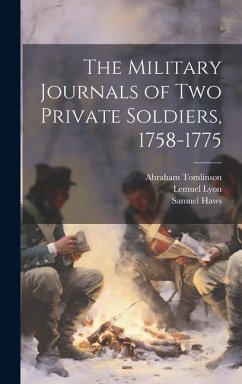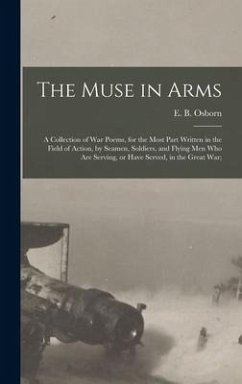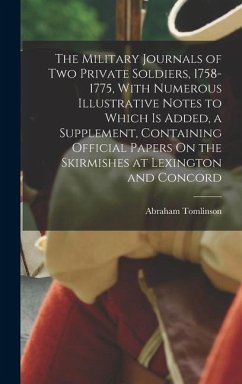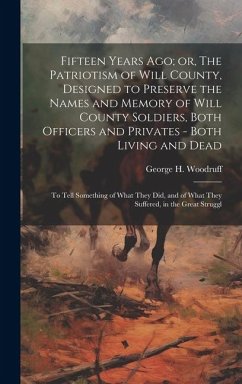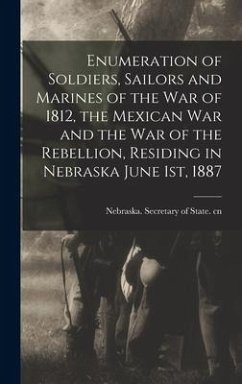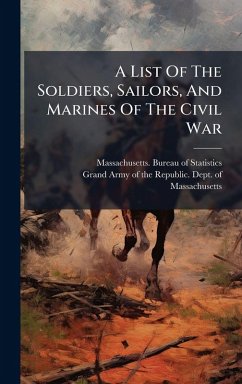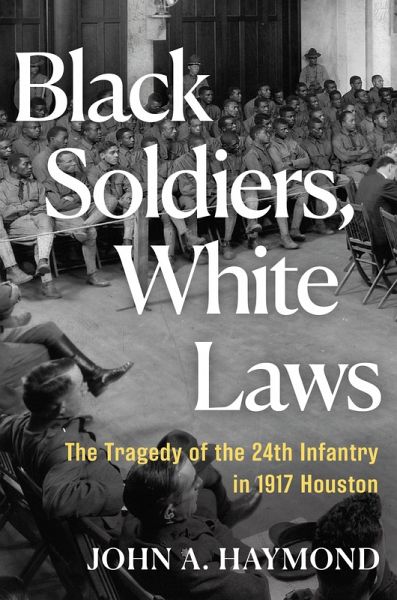
Black Soldiers, White Laws
The Tragedy of the 24th Infantry in 1917 Houston
Versandkostenfrei!
Versandfertig in über 4 Wochen
22,99 €
inkl. MwSt.
Weitere Ausgaben:

PAYBACK Punkte
11 °P sammeln!
On the night of August 23, 1917, in Houston, Texas, "inflamed by a rumor that a white mob was arming to attack them, and after weeks of police harassment, more than one hundred African American soldiers of the 3rd Battalion, 24th Infantry Regiment, took their weapons without authorization and, led by a sergeant, marched into the largely Black San Felipe district of the city. Violent confrontations with police and civilians ensued and nineteen lives were lost. The Army moved quickly to court-martial 118 soldiers on charges of mutiny and murder, even though a majority of the soldiers involved ha...
On the night of August 23, 1917, in Houston, Texas, "inflamed by a rumor that a white mob was arming to attack them, and after weeks of police harassment, more than one hundred African American soldiers of the 3rd Battalion, 24th Infantry Regiment, took their weapons without authorization and, led by a sergeant, marched into the largely Black San Felipe district of the city. Violent confrontations with police and civilians ensued and nineteen lives were lost. The Army moved quickly to court-martial 118 soldiers on charges of mutiny and murder, even though a majority of the soldiers involved had never fired their weapons. ... 110 Black soldiers were found guilty--despite the fact that no mutiny had, in fact, taken place. In the predawn darkness of December 11, thirteen of them were hanged at Fort Sam Houston in San Antonio. ... News of the largest mass execution in the Army's history outraged the country and inspired preventive legislation; and yet six more Black soldiers were executed in early 1918 and the rest were sentenced to life in prison. ... John A. Haymond has spent six years researching the events surrounding the Incident and leading the efforts that ultimately led, in November 2023, to the largest act of retroactive clemency in the Army's history when the verdicts were overturned and honorable discharges awarded to all the soldiers involved. His dramatic chronicle of what transpired--situated amongst the rampant racism in Texas and the country--is a ... reminder of our racially violent past, offering the promise that justice, even posthumously, can prevail"--Provided by publisher.



